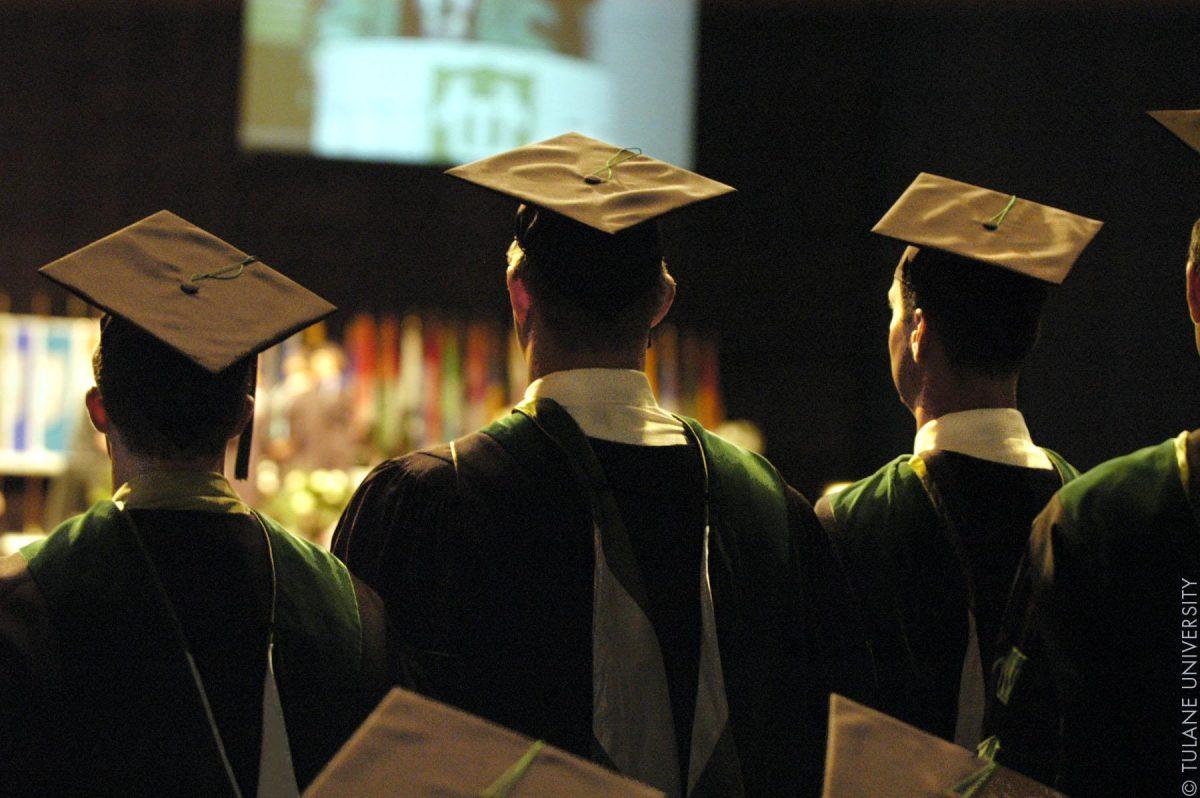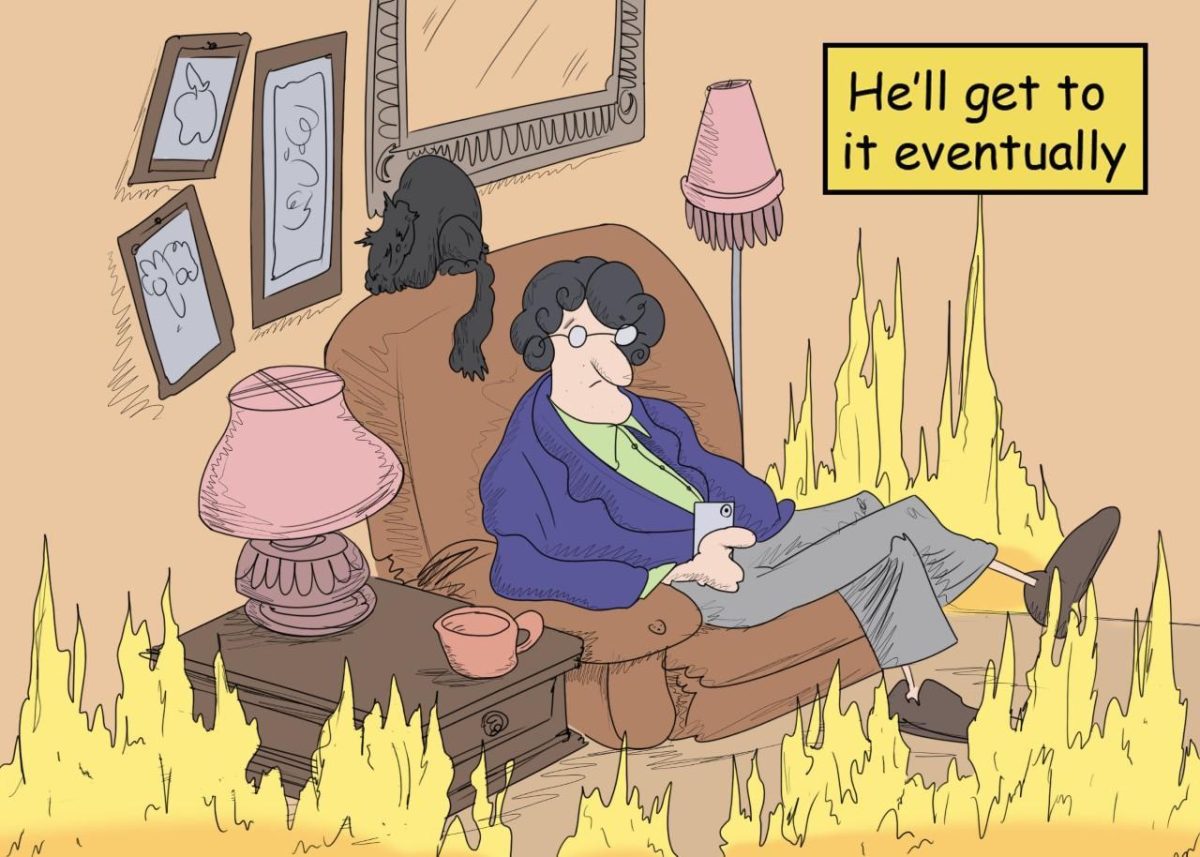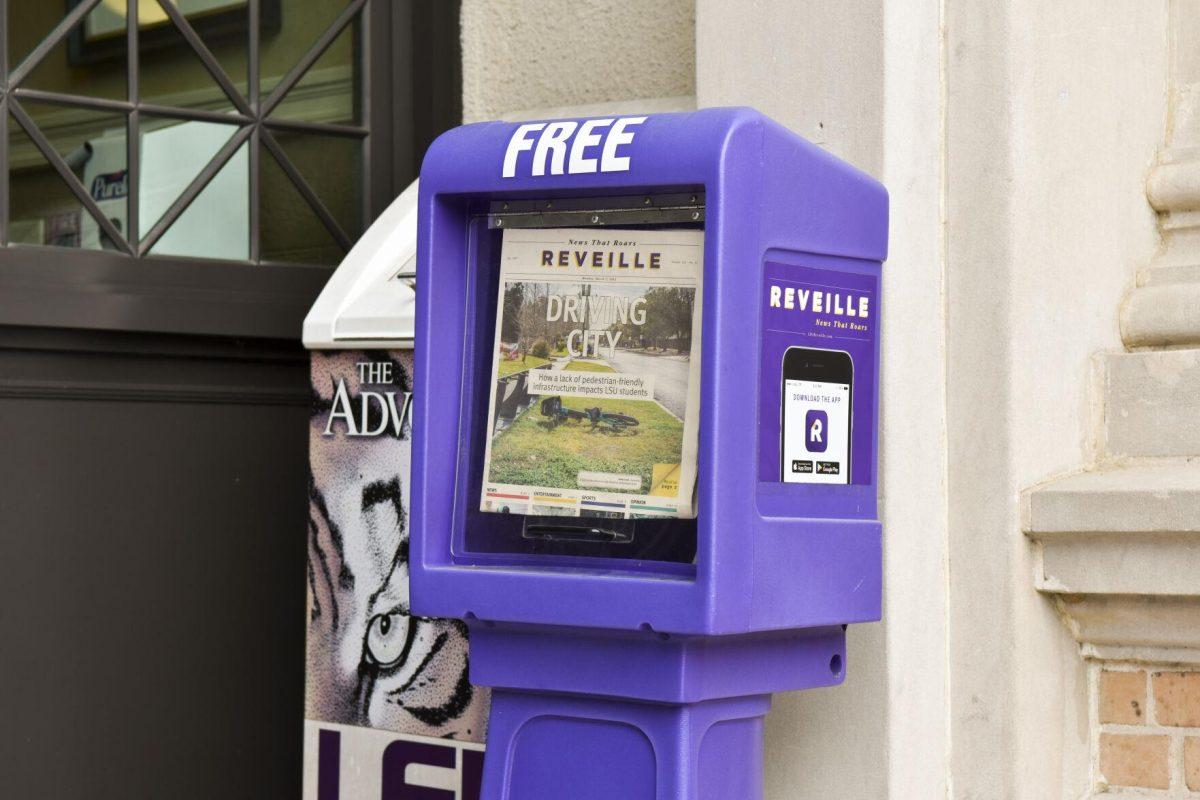Before the coronavirus impacted Louisiana — or the US at all — I began the process of scouting out graduate schools and discussing my options with basically any professor or academic advisor who would listen. Nearly everyone asked me the same questions, “Are you sure you want to go to graduate school? Do you have a backup plan?”
The standards for admissions not only for graduate level programs but undergraduate, too, have steadily increased over the years. LSU requires a minimum 3.0 GPA and 25 on the ACT, but the average ACT score for Louisiana in 2018 was 19.2. The future of higher education has been speculated about and disputed in vague terms for years.
2020 is the year universities, including LSU, will have to make some concrete changes in order to maintain their relevance.
College degrees have become the new high school diploma — required to get hired in most fields but not really necessary to do the work. Traditional college enrollment rates increased by 28% from 2000 to 2016, according to the National Center for Education Statistics, but trade school enrollment has been steadily increasing as well, after a dip in the 1980’s and 90’s, leading to a shortage of skilled workers.
A traditional college education tends to cost significantly more than a vocational or technical education, and with the uncertainties surrounding future semesters during this global pandemic, enrollment rates are likely to drop steeply if universities don’t learn to adapt quickly.
Education Week cited studies about the effectiveness of online learning versus traditional classroom instruction and most often online teaching just didn’t hit the mark. Unless universities figure out how to increase the effectiveness and reliability of online teaching, fail rates are going to rise.
In response to the sudden transition online and the uncertainty surrounding the pandemic, many universities have decided to freeze hiring for the indefinite future. A crowd-sourced list of such universities started by Karen Kelsky, a former tenured professor and founder of the academic career consultancy The Professor Is In, includes the University on her list. Fewer job positions are available now, but students are still graduating every semester from higher education programs, creating a surplus of credentialed professionals without job prospects.
Without professorships to aspire to, academics will turn to other fields outside of academia and students will have even less incentive to pursue an education higher than a Bachelors.
Change was inevitable for the educational system in the US, and COVID-19 has simply expedited the process, transforming in-person lectures into online classes and minimizing opportunities for recent graduates in academia. Unless universities are able to stem the negative effects that online schooling will have on their enrollment rates, higher education may become close to obsolete in the near future.
Marie Plunkett is a 21-year-old Classical Studies major from New Orleans, Louisiana.
Opinion: Without immediate action, higher education could become obsolete
June 14, 2020
graduation







